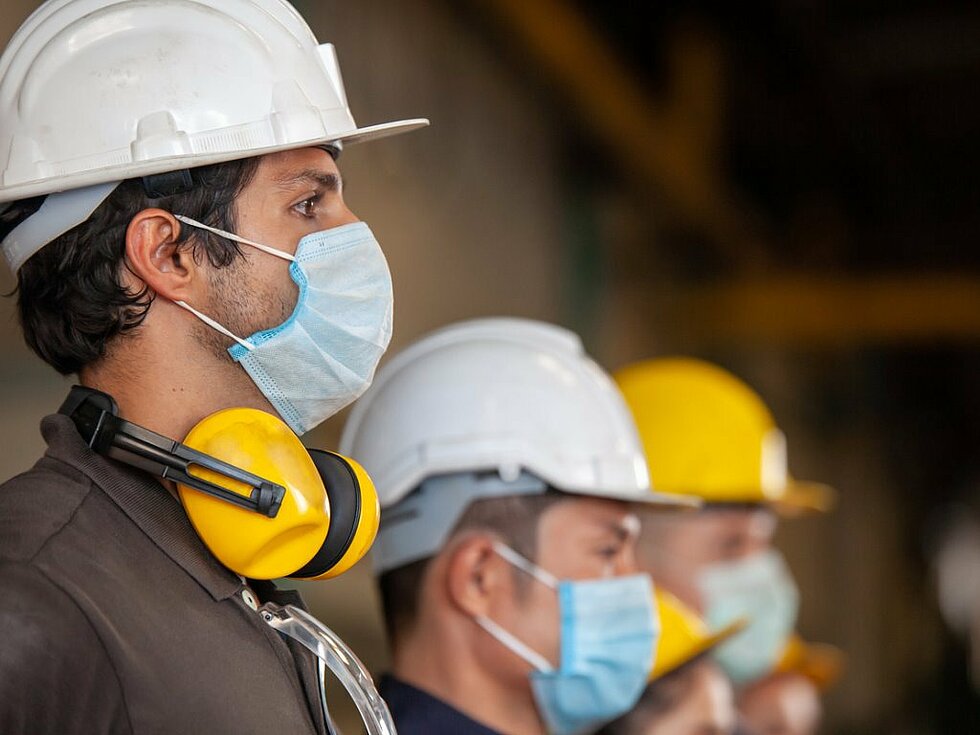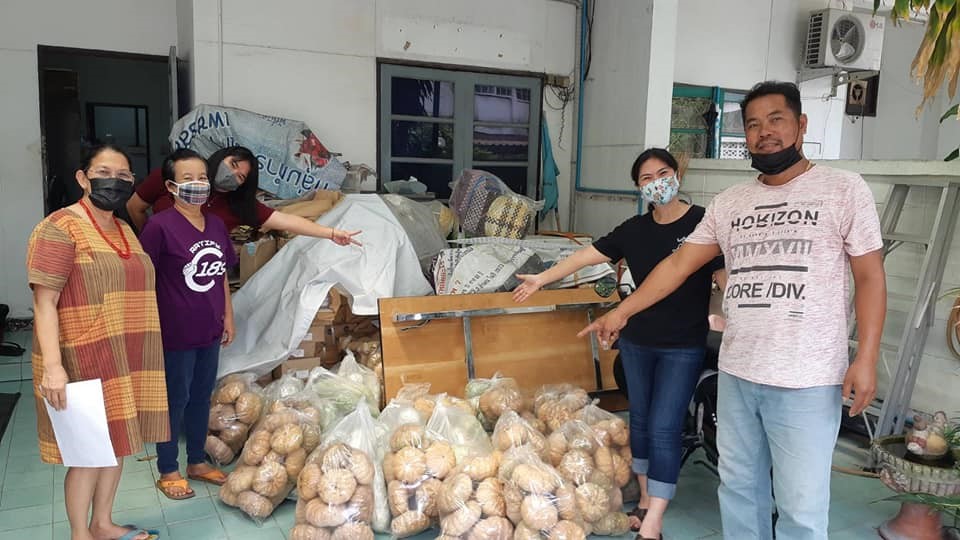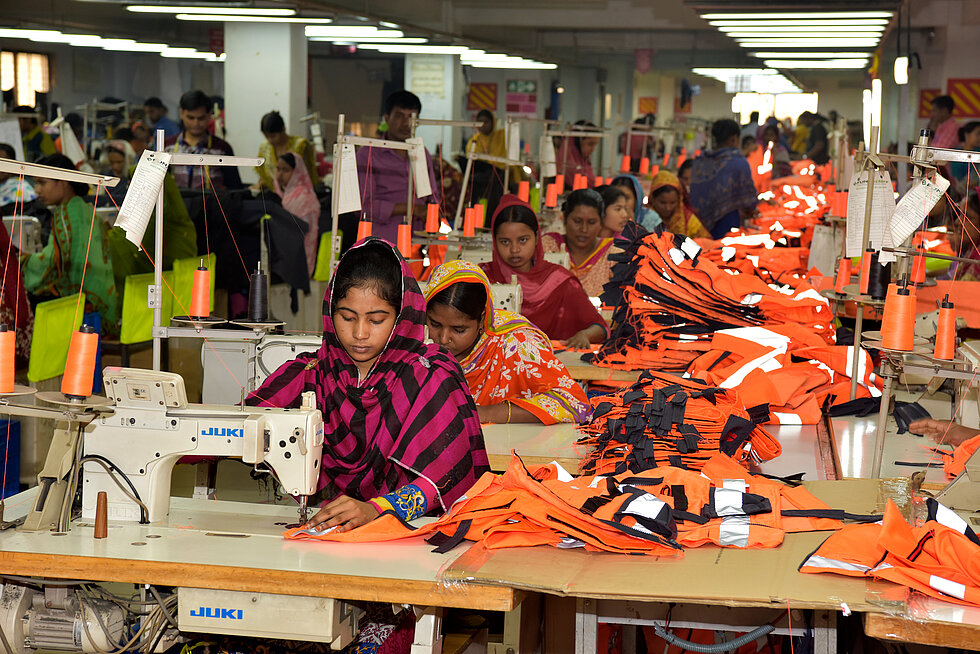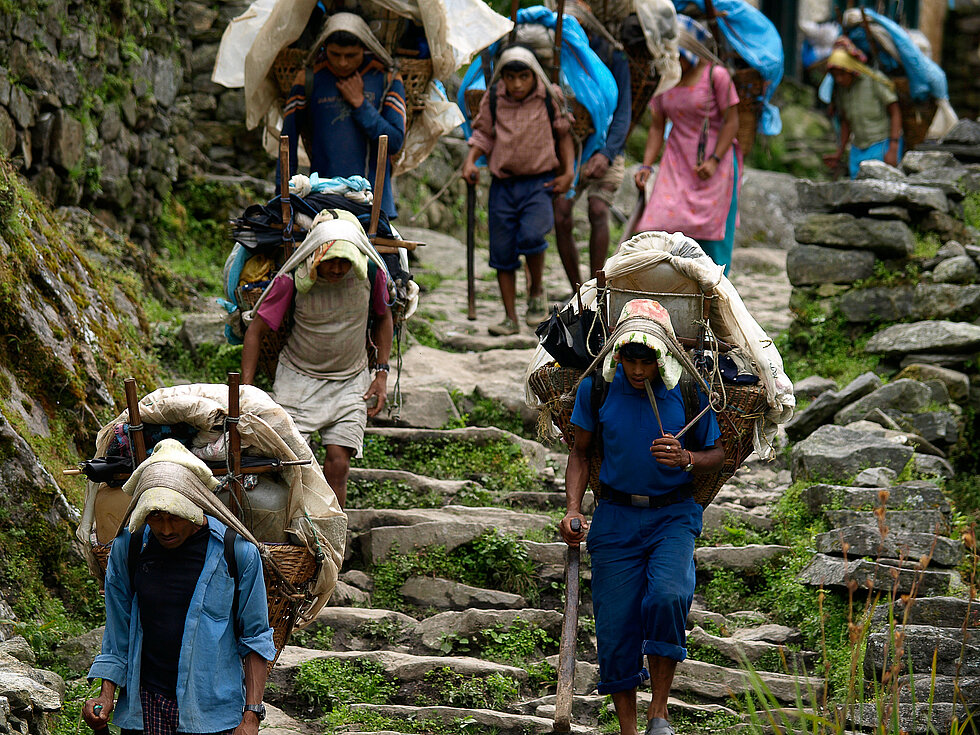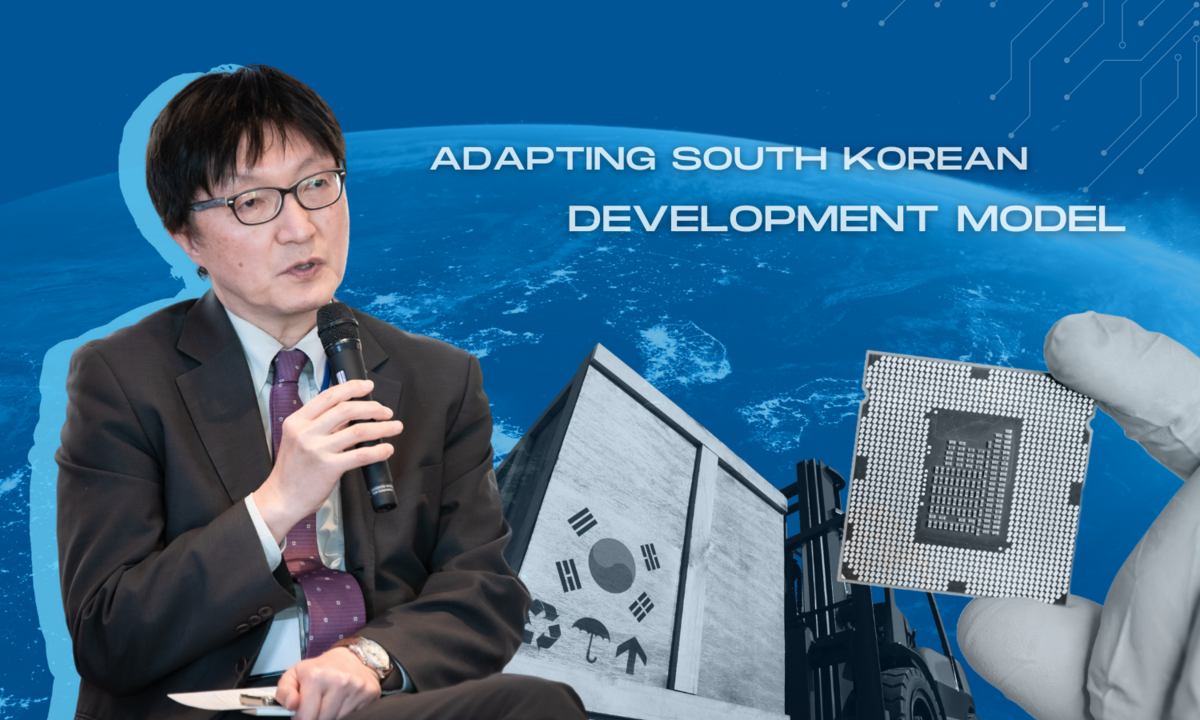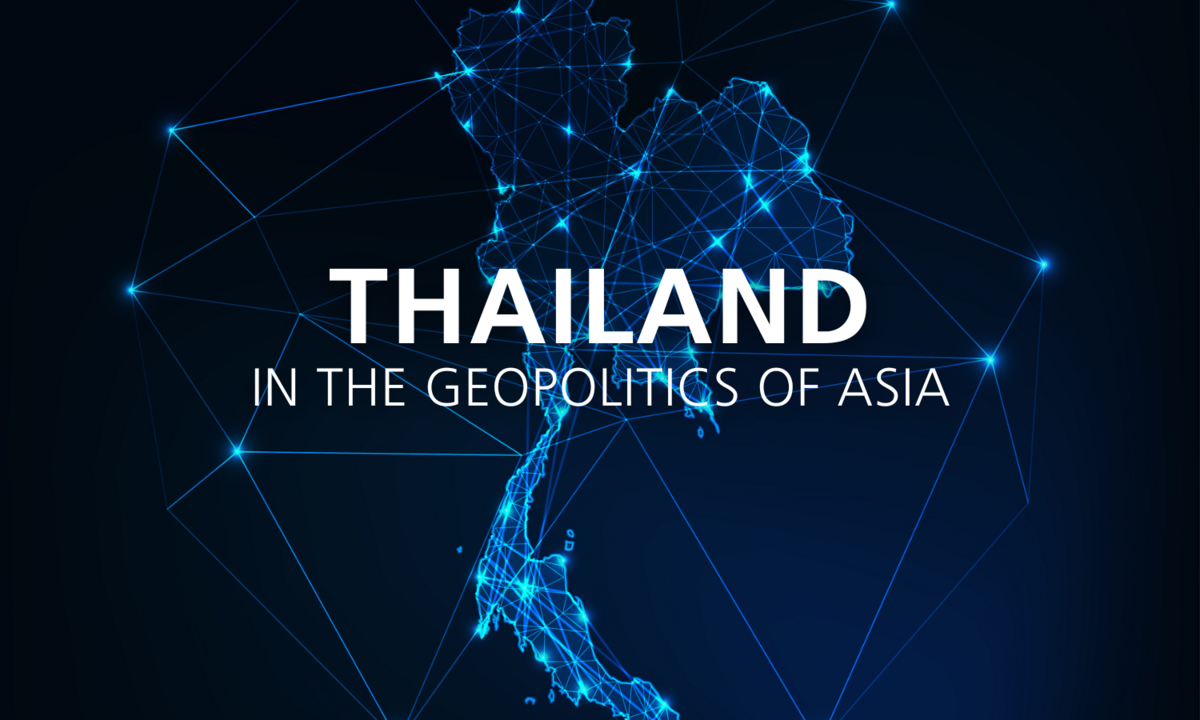UNI Asia-Pacific unions lead the pack in responding to the corona crisis
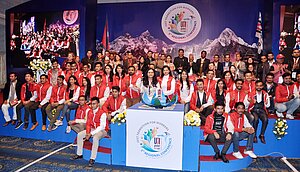
Asia was the first region affected by the spread of the coronavirus. The UNI Asia-Pacific Regional Organization (Apro) monitored the situation carefully as governments rolled out public health measures to curb the spread of the virus. Early on it became clear: The most immediate and visible effect of the pandemic is the impact on ordinary people’s lives and livelihoods.
Workers on the front line of the pandemic
Health and care workers, cleaners, private security, postal and delivery workers, grocery and supermarket clerks—in this time of crisis—are recognized as essential, working on the front line and providing the bare necessities for all of us. People in the media as well as call centres are doing extremely challenging jobs in this global emergency. Many of them are working extended hours, often without proper protection and suffering under the threat of unemployment and infection.
UNI Apro affiliates’ quick response
In Asia, UNI Apro is proud that affiliate unions have led the pack and were quick to formulate responses, some even before COVID-19 was officially named on 11 February. In Macau, the New Macau Staff Rights Gaming Union mobilized to demand that all casino employees wear masks and that the government close and disinfect all casinos. In the early stage of the outbreak in Korea, the Grand Korea Leisure Union had already urged the management to prepare for the impact of COVID-19 and to guarantee workers’ safety.
Our unions, from Australia to Nepal, from Pakistan to the Philippines, all alerted their members to defend their rights and urge their employers to provide access to special paid leave, particularly for employees required to self-isolate or who cannot work due to the impact of the pandemic.
We are also proud that many of our affiliates have lent their voice in solidarity to amplify the plight of precarious workers—those who are often described as self-employed, such as casual, labour-hire and migrant workers.
UNI’s COVID-19 global survey
In our COVID-19 global survey that ended on 23 March, we asked all members around the world about their situation. Unions have a vital role in the preventive efforts to fight the virus, and more than 90 per cent of our unions have been proactively reaching out to their members with crucial COVID-19 information. At the same time, 60 per cent of union members who continue to work are overwhelmingly impacted by the shortage of protective equipment, such as masks, gloves and sanitizing wipes. It is a situation that is simply not acceptable.
As a result of our joint efforts, we can point to the first successes in Asia: Compelled by the Korean Workers United’s advocacy, the Korean government announced additional measures to support exhausted health workers. More than 2,000 health care professionals working on COVID-19 treatment will be compensated for overtime work, get enhanced rest allocation and receive additional protective gear. We are also pleased that our affiliate in Nepal, the Union of Private Hospitals and Healthcare Workers, successfully lobbied the government to provide insurance for all health care workers in the country. But these are only the first steps in the protection of workers.
Changing the structure below the crisis
Even during this global emergency, we remain conscious of the digital transformation that was poised to disrupt the future world of work even before the pandemic. And pointedly, the theme of UNI Apro’s 5th Regional Conference in November 2019 was securing a just transition for workers in the digital disruption age—seeking to enhance our unions' capacity for dialogue with employers and governments. In the current ever-evolving context of this pandemic, we call upon governments, employers and corporations to refocus this dialogue and put the emphasis on people rather than profits. Now, it is high time for us to push for a new social charter to save not only the workers and people but also our planet—throughout this unprecedented crisis and thereafter. It is a mission that can only be successful when all tripartite partners join forces.
---------
UNI is a global union federation representing more than 20 million workers from more than 150 countries who work in the cleaning, security, commerce, finance, gaming, graphical and packaging, hair and beauty, information, communication, technology, services, media, entertainment and arts, post and logistics, private care and social insurance, sport and tourism industries: www.uniglobalunion.org

Rajendra Kumar Acharya is the Regional Secretary of UNI Apro. His union leadership began in 1989 when he became a local union delegate in his native Nepal. In the years since, he has held several local, national as well as international positions. Today, he leads one of the largest Asian trade union federations.
The views expressed in this blog series are not necessarily those of FES.
FES Asia
Bringing together the work of our offices in the region, we provide you with the latest news on current debates, insightful research and innovative visual outputs on the future of work, geopolitics, gender justice, and social-ecological transformation.



